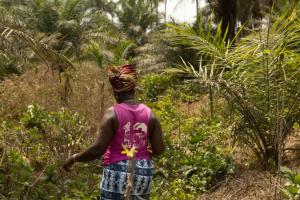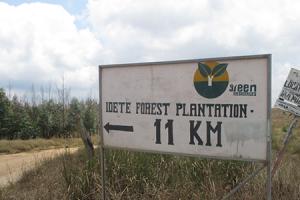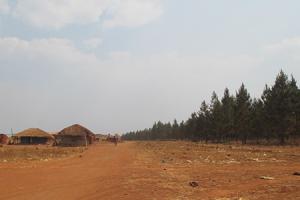Pulp and Paper
Large-scale tree monocultures to produce pulp and paper, along with the infrastructure and pulp mills that come with these plantations, have been expanding onto communities’ fertile lands. They have destroyed forests and grasslands, especially in Latin America, Asia and Southern Africa. The species used are fast-growing and not native to these countries. They include varieties of eucalyptus, acacia and pine trees.
Local Communities in Tanzania Continue to Face Problems Brought by Green Resources’ Tree Plantations
Green Resources Tanzania Limited (GRL)claims to offer solutions to climate change through planting monoculture trees. This wrong and misleading claim hides the reality on the ground: land grabbing, deforestation, destruction of grasslands and much social harm.
On the frontlines of the promotion of monoculture tree plantations as a solution to the climate crisis, families affected by tree plantations in Mozambique, Tanzania and Brazil, have once again denounced the serious impacts on their lives and the environment.



